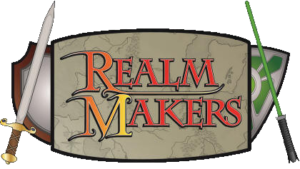Last Son Of Earth – Part 6
I’d like to start by thanking everyone for your wonderful comments last week. You’ve given me much to ponder and I think I may have to go back and alter a couple of the chapters this week. I’m glad that Tin-Man was so well received. I like the idea of changing the world a bit so that every home has a android butler of some kind…but that Tin-Man was altered by Alden in some way. Do you all agree? Or do you think I should leave him as he currently is (a remnant of a technologically advanced past)? Vote by posting your comments below.
This is my first attempt at “Seat of Your Pants” writing, so I appreciate your feedback as I go. It’s fun…and frightening at the same time.
For those of you who havenât been following along with our story to date, itâs best to start from the beginning and work your way up to this post today.
Enjoy.
Chapter 2 â One of Them (Part 1)
Chapter 2 â One of Them (Part 2)
Chapter 3 â Another Night in Steel City
And now…Chapter 4 – Hope in the Stars
Cilla pushed the crude door to her fatherâs study gently open and tip toed into the candle lit room with all the curiosity of a 12 year old. It was a cluttered space, piles of books stacked precariously atop each other spotted the uneven stone floor. Heaps of crumpled paper were scattered in the corners. She moved around them with carefully placed steps until she turned a short corner and spotted her father hunched over his drafting table across the room.
It was late and he was so engrossed in his work that he hadnât heard her enter the cave. He was a wiry man, with untamed hair and oversized spectacles. He cared little for appearances – he was a man of ideas and his ideas were important to the survival of the Restoration.
Cilla loved to watch her daddyâs imagination take shape on paper. He was working on something wonderful, she could tell, though what exactly was hard to tell from where she currently stood. She took another step forward so that her fatherâs form no longer blocked her view. His pencil slid along a straight edge, making a carefully measured mark across what seemed to be some kind of silo shaped object.
âWhat are you doing up so late, princess?â her father asked without looking up from his work.
Cilla froze for a moment, surprised that he had heard her.
âCouldnât sleep,â she said, quietly. âWhat are you working on, Dad?â
âWhy donât you come over and tell me what you think it is,â he offered kindly. Cilla strode across the room, her nightgown and pigtails swooshing out behind her. She leaned up alongside her father and took a better look at his latest creation.
It was like nothing she had ever seen before. A tall, cylindrical object with a pointed top. It had angular fins near the base and a dozen, smaller crayon-like cylinders wrapped around the middle like a belt of some kind. In the interior of the cylinder, near the top, she could make out a few human figures as reference standing on some sort of platform. If the scale was correct, the structure was just over 30 meters tall and nearly 10 meters wide.
âThatâs a strange looking home,â she said.
Her father chuckled.
âIt is indeed,â he said. âBut it isnât just a home its a transport.â
âA moving home?â She asked.
The man nodded.
Cilla scrunched up her nose and looked back to the drawing.
âHow does it move? I donât see any wheels.â
âIt wonât need wheels. This transport was meant to fly.â
At this Cilla snorted.
âDonât be silly.â
âIt will,â her father insisted. âThere are dozens like it. They will take us away from this place – further than anyone has gone before.â
âHow far?â she asked with wide-eyed anticipation.
âTo the stars, I hope.â He said in return. Cilla looked confused and so he explained. âThere is another world out there, Cilla. One very much like our own, but nothing like it at all.â
âHow do you know?â
âThere are books in the archives that mention it. Men have been there – before the Dark Age destroyed everything. Before CON. HereâŠlook.â
At this, he opened a book which had been lying on the desk beside him and handed it to Cilla. The drawings inside were unbelievable. Towering trees rose high over a thick flowering underbrush where pools and waterfalls spilled one into another. It seemed to Cilla like something out of the fairy tales she had read about in the books her father kept. She glanced back at the drawing board and frowned. The transport didnât look much like a thing that could accomplish anything near what her father had just claimed it could. Even so, she had never known her father to be a liar.
Her father continued. âImagine it, Cilla, a world untouched by the iron fist of CON. A world in which we can finally live in the open, free from fear. No more hiding in the darkness. No more scavenging underground. It will be a new beginning, for all of us.â
âIt seems too wonderful to even hope for. When?â she asked.
âSoon enough.â He answered simply. âIt will take quite some time to build, of course.â
It was only then that Cilla noticed a mark in the upper corner of the paper she had not seen before. It was the Cockatrice – the symbol of CON.
âWhat is that doing up there?â She demanded.
Her father lowered his eyebrows. He had hoped she wouldnât notice it.
âIt is the sponsorâs mark.â
âYou mean CON knows of this world too?â
He nodded.
âBut CON hates us. Why would theyâŠor you, even considerâŠâ
âNow, now, Cilla,â he said firmly, âDo you think me a fool?â
âOf course not, father,â she answered, suddenly ashamed of herself for speaking out. âIâm sorry, I just donât understand why we would work withâŠthe enemy.â
âItâs all worked out. CON is not to know that I am designing it. A sympathizer on the inside is allowing me to retrofit the vessel design for our purposes in secret.â
âBut surely they will find out. And if they doâŠâ
âThey mustnât,â he said, staring deeply into her golden-brown eyes. âWhich is why you must promise me you will forget the whole thing. Mention nothing of it to anyone, do you hear? There are far too many lives at stake. We canât afford to trust anyone.â
Cilla nodded, her eyes welling up with tears.
âIâm tired of running, father.â She said. âWhen will it end.â
Her father took her in his arms and held her close. âIt will be okay,â he said, comforting her. âI cannot help but think this new world was meant for us, Cilla. After all, the maker of the stars did not lead us to it for nothing. Pray, my little princess. It is our only hope of escape.â
And so, in the deep underground, they lifted their eyes toward the heavens and put their hope in their God, in the distant home and the tiny vessel that one day might take them to freedom.




































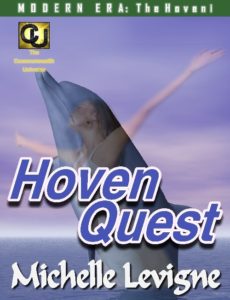
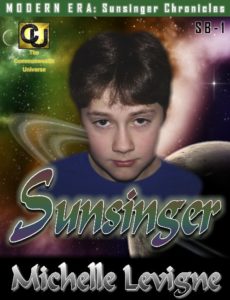




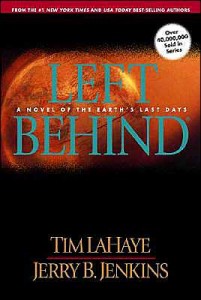










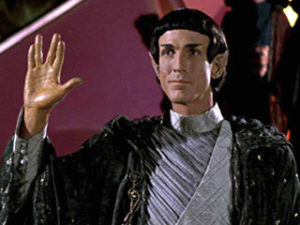
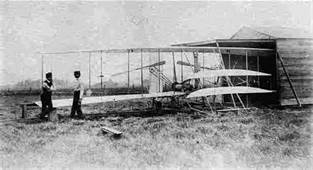



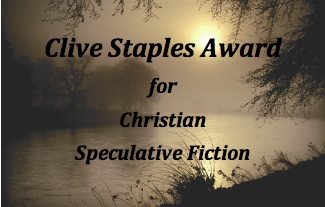
 I’m so happy Spec Faith is back up and running! For whatever reason, we were hacked last week and repeated fixes only brought the site back up temporarily. Special thanks to Stephen for his tireless work to keep the site running smoothly. We only seem to notice when glitches disrupt the normal activity.
I’m so happy Spec Faith is back up and running! For whatever reason, we were hacked last week and repeated fixes only brought the site back up temporarily. Special thanks to Stephen for his tireless work to keep the site running smoothly. We only seem to notice when glitches disrupt the normal activity.